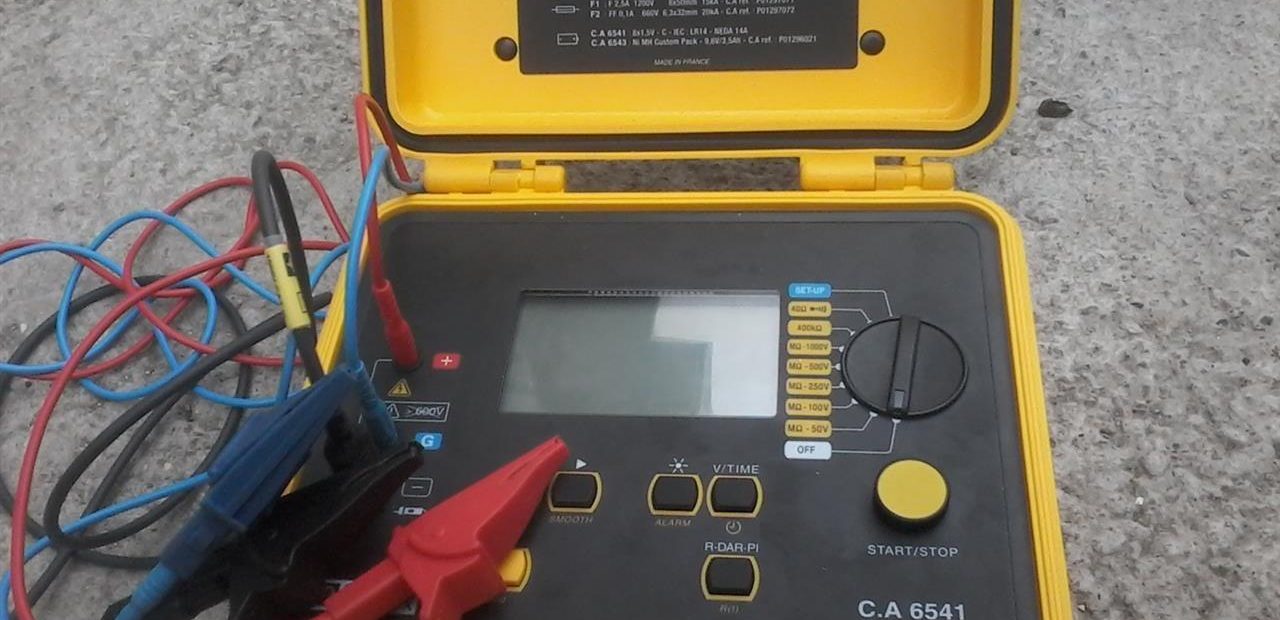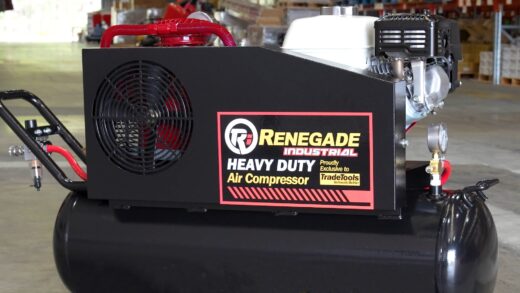A Guide to Ohmmeters: Things to Consider When Choosing the Ideal Ohmmeter
If you’re an electrician, or frequently deal with electronics, you’re probably familiar with ohmmeters. Alternatively, you might be a DIY-er who works on electrical projects, and want to make sure your final product is sound. Ohmmeters are intricate electronic devices that measure electrical resistance in electrical circuits. As you can tell by their name, the resistance of devices is measured and expressed in ohms. If you’re a first-time ohmmeter buyer, there are three important specifications you need to pay attention to, in order to ensure you choose the right ohmmeter.
- Insulation Test Range – This is the first thing you should consider, as it gives you a general idea of the capacity of the ohmmeter and where you can use it. Some ohmmeters are designed for heavy-duty applications, whereas others, such as micro ohmmeter models, are only suitable for performing smaller measurements.
- Voltage Capacity – The ohmmeter you get should be compatible and capable of performing the tests you need it to. As you probably know, every circuit has a voltage level, so it’s important for the ohmmeter to match that voltage. If it doesn’t, you may not be able to perform the test.
- Warranty – Ohmmeters don’t come cheap. For that reason, make sure you buy a device accompanied by a lengthy warranty. It’s not uncommon for the ohmmeter to get fried because of improper application. This is especially true if you’re not a seasoned user. Having a warranty gives you peace of mind knowing the ohmmeter can be serviced or replaced within its warranty period.
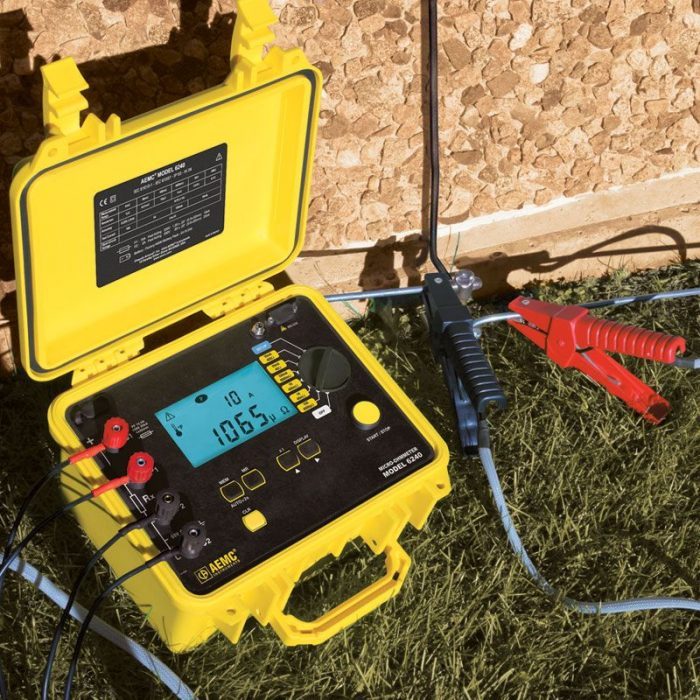
If you’ve started your search, you’ve probably come across a wide range of ohmmeters from different manufacturers, all of which have even more products under their catalogues. Some of the best manufacturers in the industry are AEMC, Fluke, Extech, Vici, LEAGY, Samyo and Supco. I briefly touched upon the important factors to consider when buying an ohmmeter, so let’s expand a bit more into these important features, so you can have a better idea about which ohmmeter is best suited for your applications.
Test Range
The test range represents the capacity of the ohmmeter, or, in other words, the resistance levels it’s capable of testing. The best way to know what the test range of the ohmmeter you buy should be, is by figuring out what type of devices and appliances you’ll be testing. Some ohmmeters are designed for high-level resistance testing, whereas others are better suited for lower resistance levels (can be lower than 1 ohm). If you’re not too savvy, you can always get an ohmmeter with an auto-range design. If it has this feature, it will automatically figure out the circuit’s resistance without having to pre-calibrate the ohmmeter yourself. This can save you time and effort, which is important if you’re going to use the device every day.
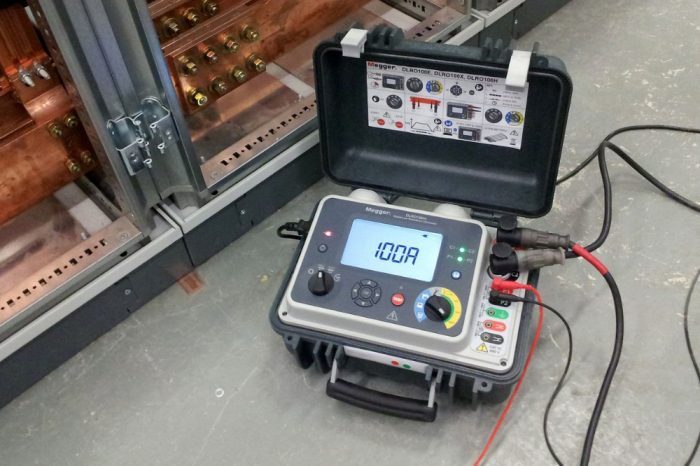
Voltage Rating
You’ll notice that different ohmmeters have different voltage ratings. The voltage rating of the ohmmeter is the deciding factor about how many volts the device can withstand from the circuit it’s connected to. In fact, this is the most important factor to consider in terms of safety. Check the voltage rating of the circuit before applying an ohmmeter. If your ohmmeter isn’t capable of handling the voltage of the circuit, it can damage the ohmmeter permanently. Even if it doesn’t damage it, the ohmmeter won’t work or won’t provide accurate results.
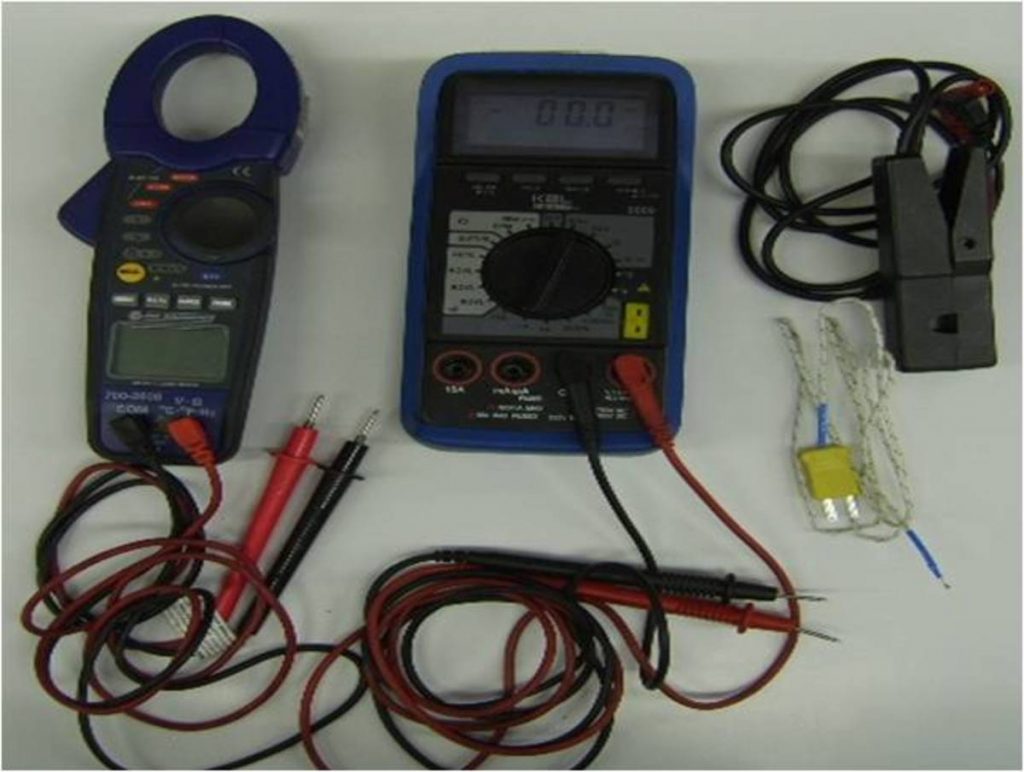
Types of Ohmmeters
As aforementioned, not all ohmmeters are the same. Standard ohmmeters are designed for measuring high resistances of up to 10 gigaohms, but there are some, such as micro ohmmeter types that are only suitable for measuring small resistances, down to 1 micro-ohm and even 1 milli-ohm. So, you won’t be able to use a single ohmmeter for all types of applications.
Portability
If you’re going to measure resistances in different workspaces, you’ll want the ohmmeter to be portable. Many professional electricians and contractors have to work outdoors, and they have to carry other tools on top of the ohmmeter with them. Carrying a bulky device around isn’t an option for many, even if the device provides a higher test range. So, compactness and weight have to be something you keep in mind when choosing. Generally, capable ohmmeters that are more compact in size are pricier, but if you’re professional, you shouldn’t compromise on cost, especially if the ohmmeter is accompanied by a lengthy warranty.
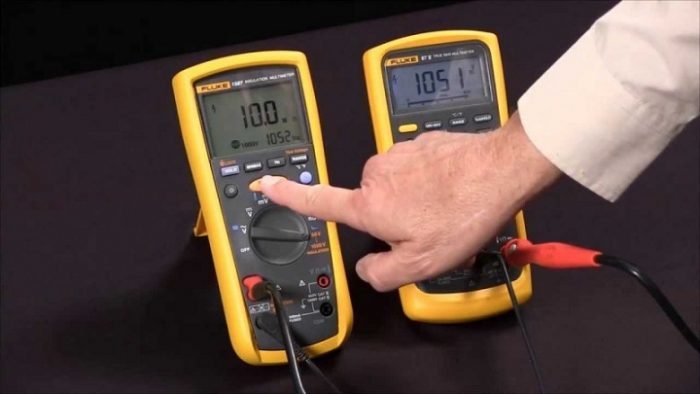
Conclusion
As you can see, choosing the ideal ohmmeter isn’t that difficult, as long as you know what you need from it, and what to pay attention to when shopping. With so many brands and even more models available, you should find one that suits your specific needs and requirements, no matter whether it’s in terms of portability, testing range or voltage capacity. The aforementioned brands are known for manufacturing high-quality products used by thousands of professionals country-wide.

